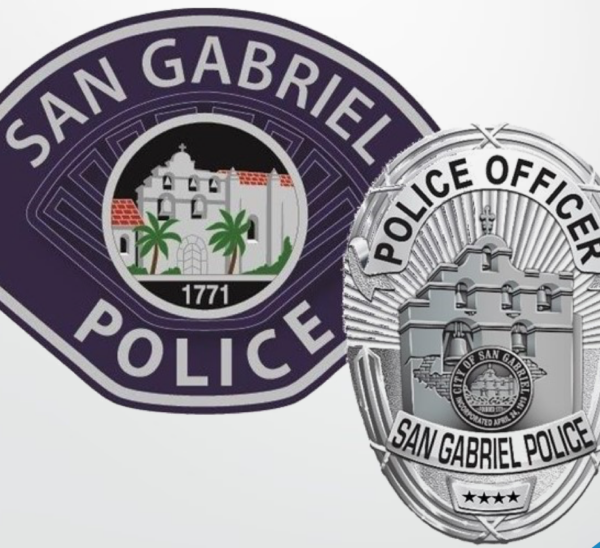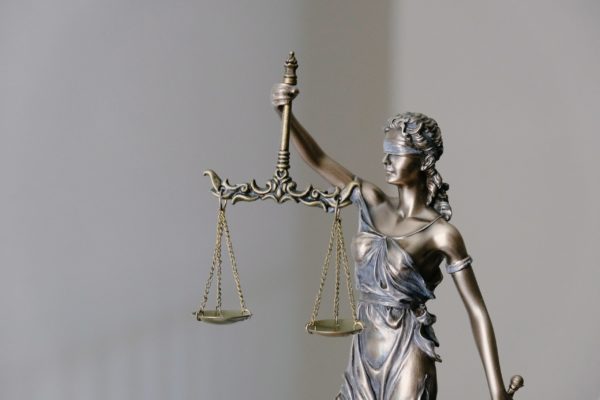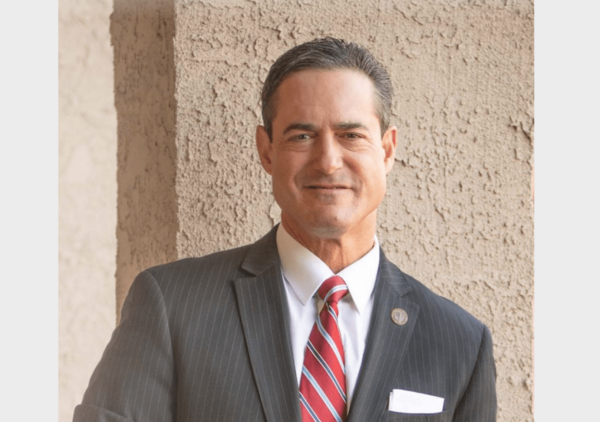A federal judge in Santa Ana Wednesday ruled that a former Chapman University law school dean must turn over several documents to a congressional committee probing the Jan. 6 insurrection because the professor’s client, former President Donald Trump, knowingly signed a court document in Georgia even though he knew the facts alleged in it were wrong.
Former Chapman law professor John Eastman has been battling the congressional committee to keep some emails from his time at the university private under laws allowing confidentiality in communications with a client and documents used to prepare for legal strategy. But there is a key exception that can be applied when there is enough evidence to show a possible case of criminal fraud, and that is the exemption U.S. District Judge David O. Carter ruled on earlier this year when ordering many documents turned over to the committee.
The conflict came to a head again in recent weeks, prompting the committee to ask Carter to review hundreds of disputed documents in private so he could determine which ones would be covered under the special privileges of confidentiality afforded attorneys.
Carter zeroed in on several documents in litigation in Fulton County, Georgia, which was a critical state President Joe Biden won in the 2020 election.
Eastman had pushed a legal theory that Vice President Mike Pence, as head of the U.S. Senate, could delay or halt the Senate’s confirmation of the electoral college vote that vaulted Biden into the White House. Trump has pushed claims of voter fraud that were rejected as baseless by his U.S. Attorney, Homeland Security and others in his own administration. Despite this, Eastman has continued to espouse various conspiracy theories about election fraud in the case before Carter.
“Four emails demonstrate an effort by President Trump and his attorneys to press false claims in federal court for the purpose of delaying the Jan. 6 vote,” Carter wrote. “The evidence confirms that this effort was undertaken in at least one lawsuit filed in Georgia.”
Carter said that in a Dec. 4, 2020, filing, “President Trump and his attorneys alleged in a Georgia state court action that Fulton County improperly counted a number of votes, including 10,315 deceased people, 2,560 felons, and 2,423 unregistered voters. President Trump and his attorneys then decided to contest the state court proceeding in federal court, and discussed incorporating by reference the voter fraud numbers alleged in the state petition. On Dec. 30, 2020, Dr. Eastman relayed “concerns from President’s Trump’s team `about including specific numbers in the paragraph dealing with felons, deceased, moved, etc.’ The attorneys continued to discuss the president’s resistance to signing `when specific numbers were included.”‘
Eastman “explained the next day” that Trump was made aware after Dec. 1 that some of the allegations were “inaccurate,” Carter wrote.
“President Trump and his attorneys ultimately filed the complaint with the same inaccurate numbers without rectifying, clarifying, or otherwise changing them,” Carter wrote. “President Trump, moreover, signed a verification swearing under oath that the incorporated, inaccurate numbers are `true and correct’ or `believed to be true and correct’ to the best of his knowledge and belief.”
Carter added, “The emails show that President Trump knew that the specific numbers of voter fraud were wrong but continued to tout those numbers, both in court and to the public. The court finds that these emails are sufficiently related to and in furtherance of a conspiracy to defraud the United States.”
Carter ordered the four “communications” in question turned over to the committee. He said the four documents “in which Dr. Eastman and other attorneys suggest that — irrespective of the merits — the primary goal of filing (lawsuits) is to delay or otherwise disrupt the Jan. 6 vote. In one email, for example, President Trump’s attorneys state that `merely having this case pending in the Supreme Court, not ruled on, might be enough to delay consideration of Georgia.’ This email, read in context with other documents in this review, make clear that President Trump filed certain lawsuits not to obtain legal relief, but to disrupt or delay the Jan. 6 congressional proceedings through the courts.”
As for Eastman’s continued protestations there was widespread election fraud, Carter wrote, “President Trump’s own U.S. Attorney General said that his investigators found no evidence of fraud on a scale that would have changed the outcome of the election, but President Trump and his attorneys continued to file dozens of lawsuits in states he lost, seeking to overturn the results.”
By early January, about 60 of those cases were thrown out “for lack of evidence or lack of standing,” Carter wrote.







